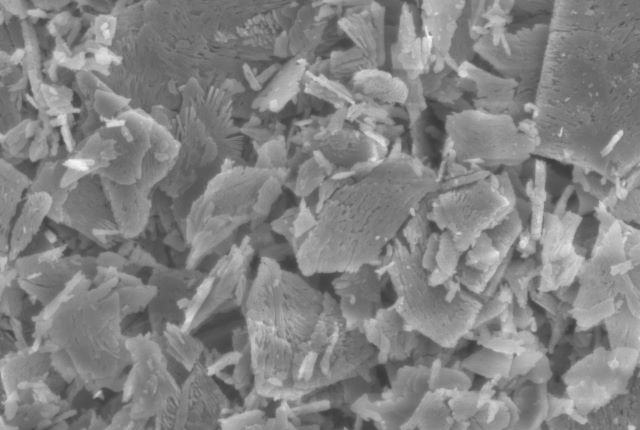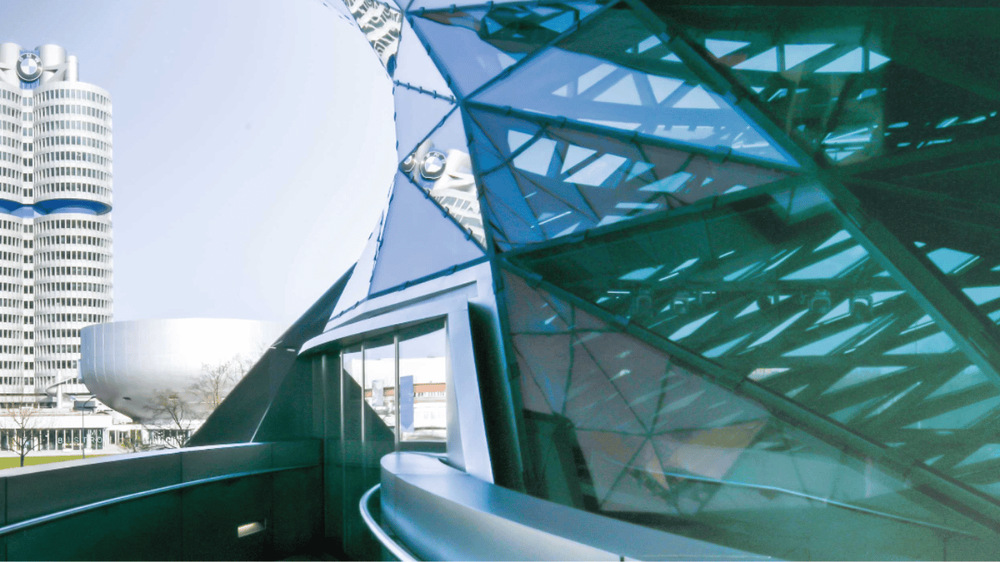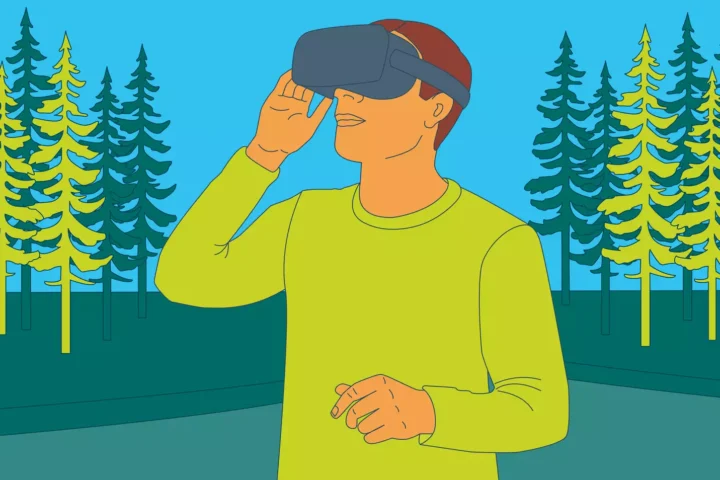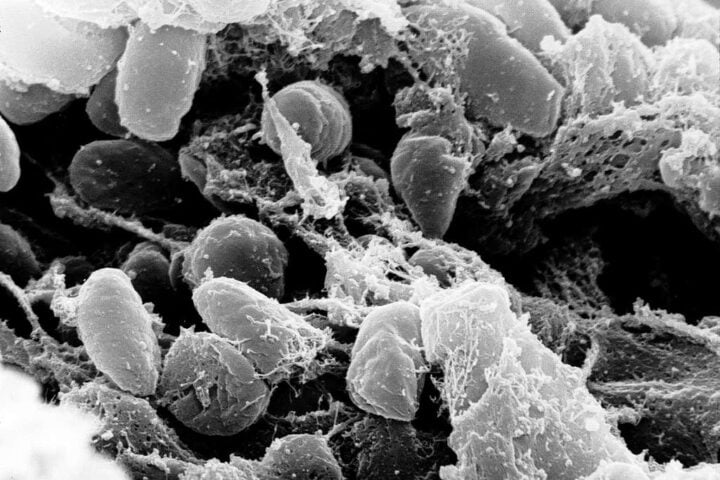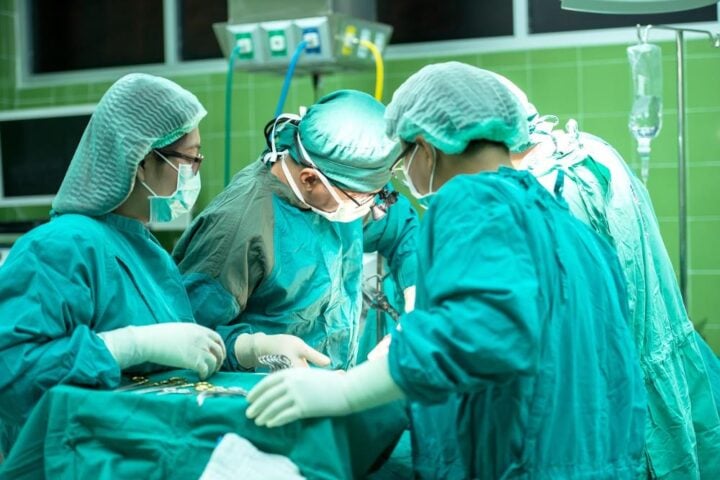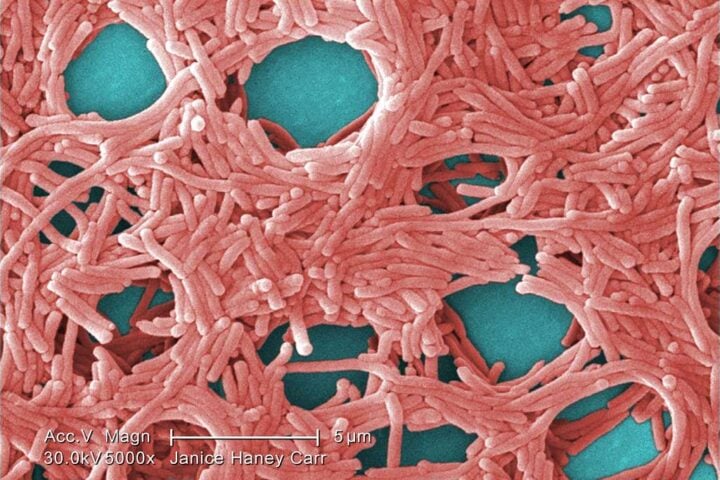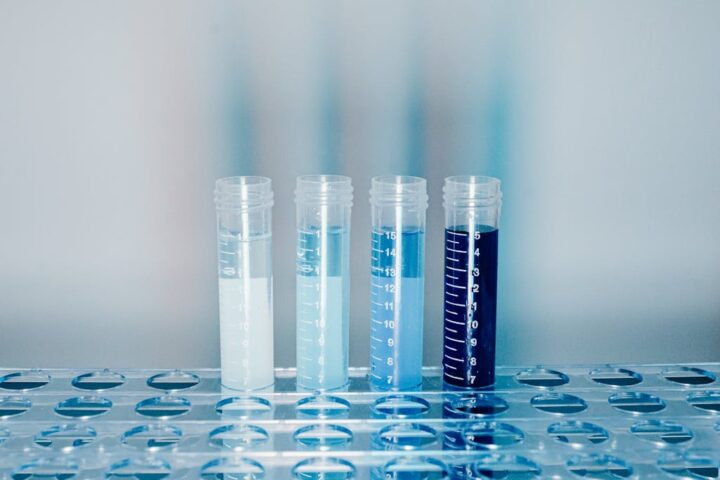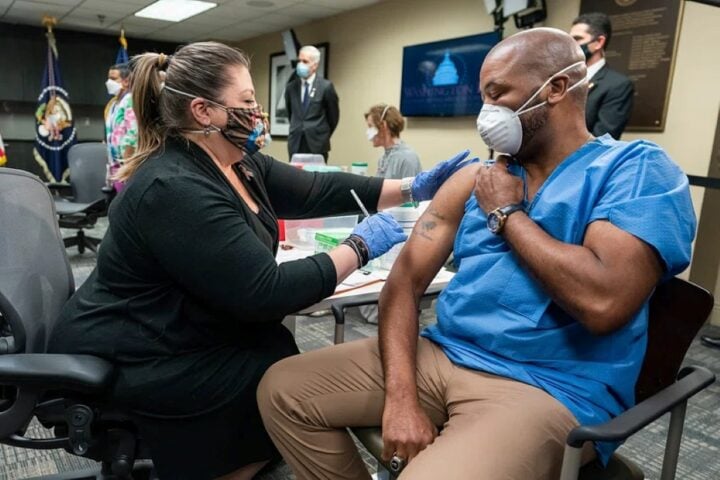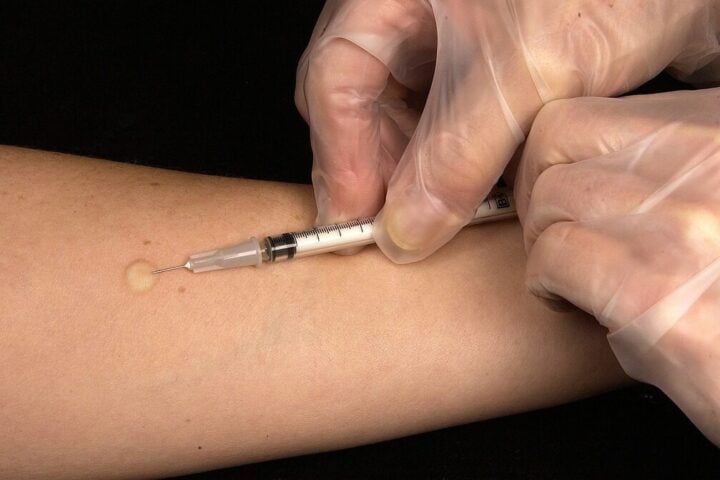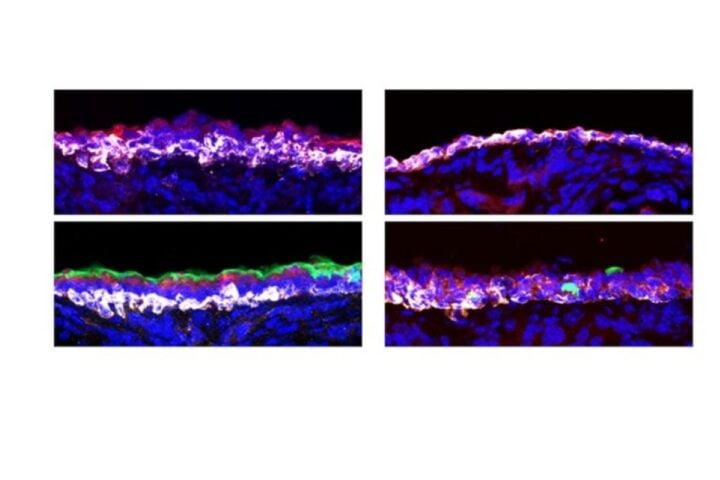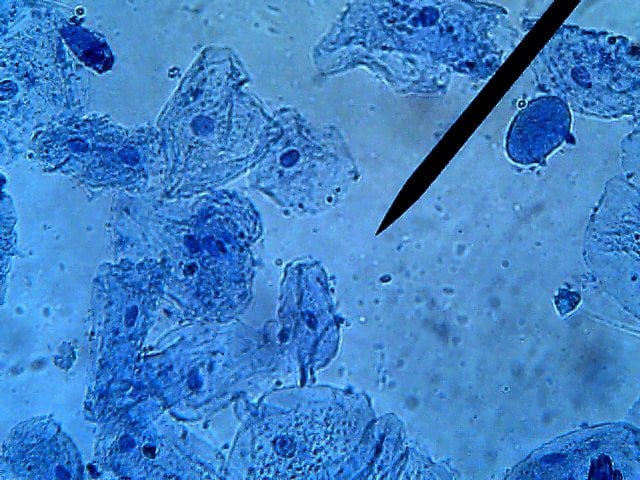In a remarkable scientific advancement, researchers at São Paulo State University’s Botucatu Institute of Biosciences (IBB-UNESP) in Brazil have developed a groundbreaking biomaterial that promises to revolutionize bone regeneration. This innovative creation, cobalt-doped monetite, exhibits extraordinary potential in enhancing bone cell differentiation and represents a significant leap forward in medical science.
At the forefront of this pioneering research is biochemist Willian Fernando Zambuzzi, a professor at IBB-UNESP. His dedication, along with his team’s relentless pursuit of excellence, has led to a discovery that could reshape the future of bone grafting, dental implant recovery, and various other medical procedures.
The essence of this biomaterial lies in its ability to mimic the low-oxygen environment of human tissues, a critical factor in stimulating bone cell differentiation. By introducing cobalt into monetite, a calcium phosphate compound structurally akin to human bone mineral, the researchers have ingeniously harnessed the body’s natural processes to foster bone growth.
Similar Posts
This material is not just another scientific curiosity; it has profound implications for patients undergoing bone grafting or dental procedures. Traditional methods often require using the patient’s own bone tissue, leading to additional surgeries, infection risks, and prolonged recovery. The development of cobalt-doped monetite opens a door to a future where these complications are significantly reduced, if not entirely eliminated.
Imagine the difference this could make in a patient’s life. A simple, yet effective material that reduces hospital stays, cuts down treatment costs, and speeds up recovery – it’s not just a scientific achievement; it’s a beacon of hope for millions.
Professor Zambuzzi’s journey in this field, backed by the São Paulo Research Foundation (FAPESP), mirrors the persistence and dedication required to turn scientific dreams into reality. His work, deeply rooted in the understanding of bone biology and the search for compatible biomaterials, epitomizes the human drive to overcome challenges for the betterment of society.
“Hypoxia occurs naturally in tissue. Having explored its development and the links between endothelial cells and osteoblasts, we investigated biomimetic aspects and decided on artificial provocation of a novel molecule, cobalt-doped monetite, to stimulate bone production as a complementary effect to intensifying angiogenesis [creation of new blood vessels].”
– Willian Fernando Zambuzzi, Professor at IBB-UNESP
As we stand at the cusp of this exciting development, it’s essential to consider the broader picture. The aging global population and the increasing demand for effective bone regeneration therapies highlight the urgency and relevance of this research.
The success of this material in vitro and its potential applications paint a promising picture. However, the journey doesn’t end here. The next steps involve rigorous animal testing and further studies to confirm its efficacy and safety in a clinical setting. This cautious, yet optimistic approach, underscores the ethical responsibility that guides scientific exploration.
The implications of this discovery extend far beyond the realm of bone regeneration. It signals a paradigm shift in how we approach medical materials, emphasizing biomimicry and the harmonious integration of science with the human body’s natural processes.
